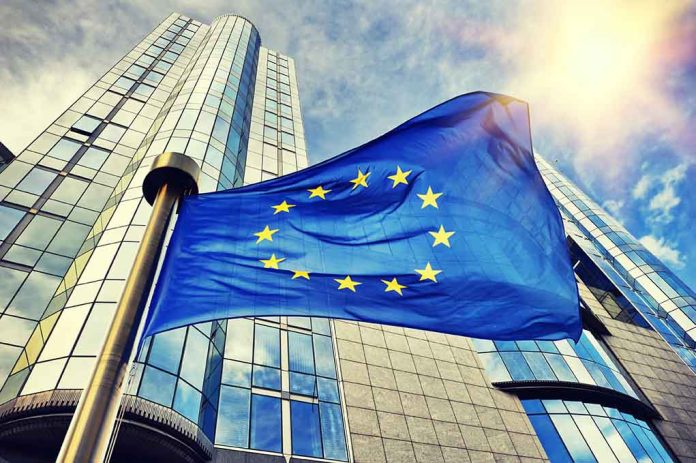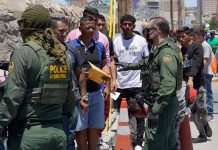
Europe braces for potential conflict as the former Finnish President urges citizens to stockpile essentials.
At a Glance
- EU report advises citizens to prepare for emergencies, including potential warfare
- Households recommended to be self-sufficient for at least 72 hours
- Russian aggression identified as primary threat to European security
- Report calls for increased EU budget allocation towards security and crisis preparedness
- Enhanced intelligence sharing among EU countries proposed
EU Urges Citizens to Prepare for Potential Crises
A recent report presented to the European Union Commission President Ursula von der Leyen by former Finnish President Sauli Niinistö has sparked discussions about emergency preparedness across Europe. The 165-page document emphasizes the need for EU citizens to enhance their readiness for potential crises, including the possibility of armed conflict. This comes amid growing tensions with Russia and lessons learned from the COVID-19 pandemic.
The report highlights the EU’s past shortcomings in crisis management and stresses the importance of proactive measures. It recommends that households should be prepared to sustain themselves for at least 72 hours during emergencies. Essential supplies such as food, water, medicine, flashlights, and battery-operated radios are advised.
Russian Aggression: A Primary Concern
While the report addresses various potential emergencies, including pandemics and extreme weather events, it identifies Russian aggression as the primary threat to European security. The document underscores the interconnected nature of security among EU member states, emphasizing that an attack on one would impact all 27 countries.
The report calls for a clear EU plan in the event of armed aggression against a member state. This aligns with recent statements from U.S. President Joe Biden and Ukrainian President Volodymyr Zelenskyy, further highlighting the seriousness of the perceived threat from Russia.
Enhancing EU Preparedness and Collaboration
To address these concerns, the report proposes several measures to bolster EU security and crisis management capabilities. It suggests allocating at least 20% of the EU budget to security and crisis preparedness, a significant increase from current levels. Additionally, the document calls for enhanced intelligence sharing among EU countries to improve collective threat assessment and response.
The report emphasizes the need for EU member states to guide their citizens on stockpiling essentials, evacuation procedures, and accessing emergency services. This approach aims to empower individuals and promote self-sufficiency as part of a broader preparedness framework. By encouraging citizens to be ready for various scenarios, the EU hopes to create a more resilient society capable of withstanding potential crises.
A Shift Towards Proactive Preparedness
Niinistö’s report marks a significant shift in the EU’s approach to crisis management, moving from reactive measures to proactive preparedness. This change in strategy reflects the lessons learned from recent global events and the evolving geopolitical landscape. By focusing on individual and collective readiness, the EU aims to strengthen its overall resilience in the face of potential threats. “As part of this strategy, the EU should advise households to be prepared to be self-sufficient for a minimum of 72 hours in the event of an emergency.”
As the EU considers implementing these recommendations, citizens across Europe may soon see more guidance on emergency preparedness from their respective governments. While the focus on potential conflict with Russia has drawn attention, the broader goal is to create a more secure and prepared European Union capable of facing a range of challenges in an increasingly uncertain world.
Sources:
Europeans advised to stock up on food and water in case of war with Russia
Europeans Told to Stockpile Food in Case of War With Russia













